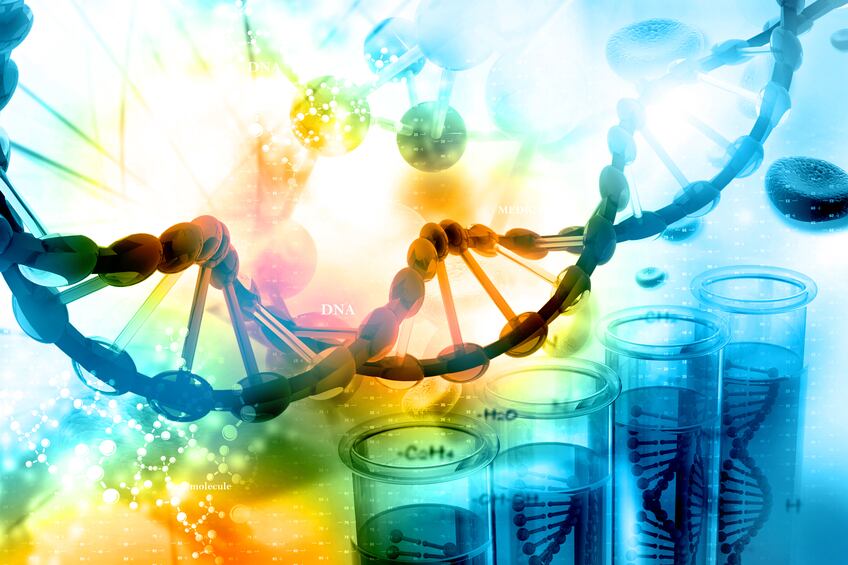In a client note released on Tuesday, the finance giant likened its potential to that of the market for plant-based protein and lab-created meat, which is projected to reach €77bn by 2030.
UBS believes the benefits food, medical diagnosis, technology and food delivery services could gain is enough to propel the PN industry to €58bn by 2040.
“With heightened health awareness among consumers, and more people suffering from ailments attributable to poor nutrition, there is growing demand for solutions that can improve individual nutritional choices,” says UBS analyst Charles Eden. “Personalised nutrition ... represents a potential such solution.”
UBS’ commentary comes as Nestlé embarks on significant investment in the personalised space, where Eden says the food giants identify PN as “a major growth opportunity making a number of investments in the space”.
Only last week the Swiss corporation’s Atrium Innovations, struck a deal to buy personalised medicine outfit LivingMatrix.
The deal, which adds LivingMatrix’s data and algorithm-minded platform to create personalised care plans and track health outcomes, will inevitably add a nutrition component to future proceedings as suggested by recent deals with the Center for Microbiome Innovation (CMI), and Persona.
Best of the rest
Along with Nestlé, the analyst also names Apple, Unilever, 23andMe, FitBit, Illumina, Thermo Fisher Scientific, Amazon Fresh and Uber Eats as companies set to make significant gains in this rapidly growing space.
23andMe, a California-based personal genomics and biotechnology firm, primarily contribute to the genetic side of personalised nutrition.
Here the company use DNA test results to assess the body’s response to caffeine consumption and lactose digestion to make customised supplements or dietary suggestions.
The convergence of technology, medical diagnosis, and food and food delivery services will be the key to the sector’s success, according to UBS, who also identifies society’s shift towards improving nutritional habits.
Here, Eden predicts the actions of food producers to meet nutritional demand with food delivery firms providing the convenience demanded by time-poor consumers.
Eden, also an associate director at the bank, tips Amazon Fresh, the e-commerce firm’s grocery delivery service, and Uber Eats as two front runners in this emerging industry.
“Delivery will allow for increased convenience and time savings in food preparation (e.g. partnering with Delivery Hero or Uber Eats to deliver the exact meal which has been freshly prepared to meet the needs of that individual consumer),” he says.
Possible obstacles
Despite the promise, the sector is not without its obstacles with Eden warning of cost and affordability as clear hurdles on PN growth in the short term.
He adds that healthier foods can work out more expensive than mass produced products, and that personalisation will also come with cost considerations.
“Scientific evidence on the merits of personalisation are also lacking,” UBS said. “Data privacy is a hurdle as well if consumers don’t want their medical, biological or genetic information shared with other parties.”
Eden’s consumer-centric thoughts echo that of PN expert Nard Clabbers, who thought while privacy laws may benefit the service provider, the consumer must always be the focus.
“We also call it privacy by design,” said Clabbers, who is senior business developer – personalised nutrition and health at Netherlands Organization for applied scientific research (TNO).
“I think towards the future companies and consumers need not be afraid of the misuse of data.”
“I think we will have to redesign the way we gather data in a way that consumers can own and use their data towards a goal that they find important.
“So in the future, we will see consumers owning or keeping their data, making decisions to whom you are giving your data and what you will get back in return. That will be a paradigm shift in the way of looking at data.”

